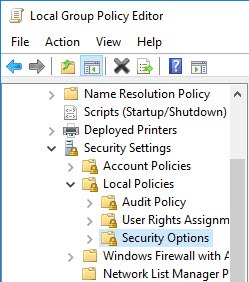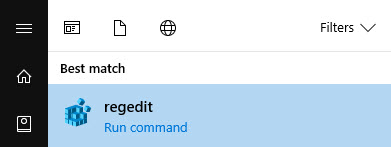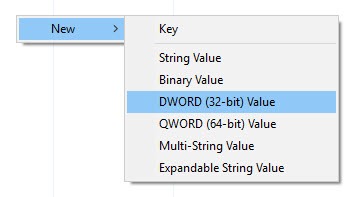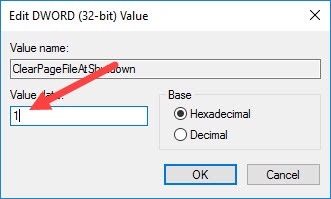Clean up traces of Pagefile every time you turn off your Windows 10 computer
Pagefile is one of the oldest and most important features on Windows operating systems. This feature acts as a virtual memory on your system. Whenever the memory capacity on the computer is 'alert', Windows moves the least used memory pages to a hidden file called pagefile. By default, the pagefile is automatically created and maintained by Windows.
This allows Windows to run programs without crashing errors due to low memory capacity. Even if the amount of memory is large, Windows still uses the pagefile for caching when moving or deleting a large number of files and other activities.
And as you know, whenever you turn off your computer, system or assume if you lose power, the contents on memory (RAM) will automatically be 'lost'. But the content on the pagefile is still there, unless Windows removes them. So other users can still 'detect' the pagefile data. If you don't want this to happen, you can force Windows to automatically delete the pagefile every time you turn off Windows.

How to clean up Pagefile traces on a Windows 10 computer?
Also, if you want to know the details about pagefile, you can refer here.
1. Use Windows Group Policy Editor
If you use Windows Pro or Enterprise versions, you can use Group Policy Editor to wipe traces of the pagefile automatically. To do this thing:
First enter gpedit.msc in the Search box on the Start Menu and press Enter to open the Group Policy Editor window.

On the Group Policy Editor window, navigate to the key:
Computer Configuration => Windows Settings => Security Settings => Local Policies => Security Options

In the right pane, find and double-click the policy named 'Shutdown: Clear virtual memory page file' .

On the Policy settings window, click the Enabled button then click OK to save the changes.

Finally, restart the system to apply the changes.
In case if you want to go back to the original settings, you do the same steps and set the policy 'Shutdown: Clear virtual memory page file' to Disabled.
2. Use the Windows Registry Editor
If you are using the Windows Home version, you will need to rely on the Windows Registry support to delete the pagefile. To do this thing:
First enter regedit in the Search box on the Start Menu and press Enter to open the Windows Registry Editor window.

On the Windows registry editor window, navigate to the key:
HKEY_LOCAL_MACHINESYSTEMCurrentControlSetControlSession ManagerMemory Management

Here you will have to proceed to create a new value. To do this, right-click any space in the right pane, then select New => DWORD (32-bit) Value .

Name this new value ClearPageFileAtShutdown and then press Enter.

Once created, double click on the ClearPageFileAtShutdown value to open the Properties window. There you enter 1 into Value Data frame and then click OK to save the changes.

Once completed, you will see the change as shown below.

Finally proceed to restart your computer to apply changes. From now on when your computer is turned off, Windows will automatically wipe traces of the pagefile.
In case if you want to revert to the original setting, perform the same steps and change the value in Value data to 0 to complete.
Refer to some of the following articles:
- Summary of several ways to open virtual keyboard on Windows XP / 7/8 / 8.1 / 10
- Instructions for activating Keyboard Backlight on Windows 10
- Prevent Microsoft from collecting system information on Windows 10
Good luck!
You should read it
- ★ What is pagefile.sys? Can pagefile.sys be deleted? Should Pagefile.sys be turned off
- ★ How to automatically delete Pagefile.sys on shutdown in Windows 10
- ★ What is Pagefile.sys and should it be disabled?
- ★ Instructions for changing Pagefile size and position on Windows
- ★ What is Swapfile.sys, how to delete Swapfile.sys?